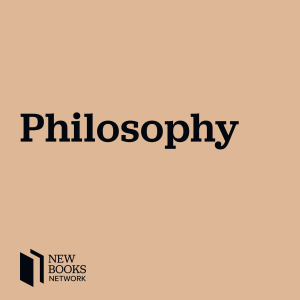
Blain Neufeld, "Public Reason and Political Autonomy: Realizing the Ideal of a Civic People" (Routledge, 2022)
 2022-05-03
2022-05-03
Download
Right click and do "save link as"
According to a familiar picture, a democracy is a free society of self-governing equals. This means that democratic citizens have a duty to participate in the processes of democratic governance. Moreover, it is often held that their participation should be aimed at acknowledging their fellow citizens’ status as democratic equals. On a dominant interpretation, this acknowledgement comes by way of how citizens conduct themselves in political decision-making contexts -- including especially contexts of political reasoning, disagreement, and debate. This raises the issue of the kind of reasons that one may bring to public political discourse. On a view associated with John Rawls, theorists of liberal democracy must distinguish between properly public reasons and reasons that are nonpublic. Of course, the distinction is fraught.
In his new book, Public Reason and Political Autonomy: Realizing the Ideal of a Civic People (Routledge, 2022), Blain Neufeld defends a novel view of public reason in a democratic society.
Robert Talisse is the W. Alton Jones Professor of Philosophy at Vanderbilt University.
Learn more about your ad choices. Visit megaphone.fm/adchoices
Support our show by becoming a premium member! https://newbooksnetwork.supportingcast.fm/philosophy
view more
More Episodes
012345678910111213141516171819
Create your
podcast in
minutes
- Full-featured podcast site
- Unlimited storage and bandwidth
- Comprehensive podcast stats
- Distribute to Apple Podcasts, Spotify, and more
- Make money with your podcast
It is Free
- Privacy Policy
- Cookie Policy
- Terms of Use
- Consent Preferences
- Copyright © 2015-2024 Podbean.com





